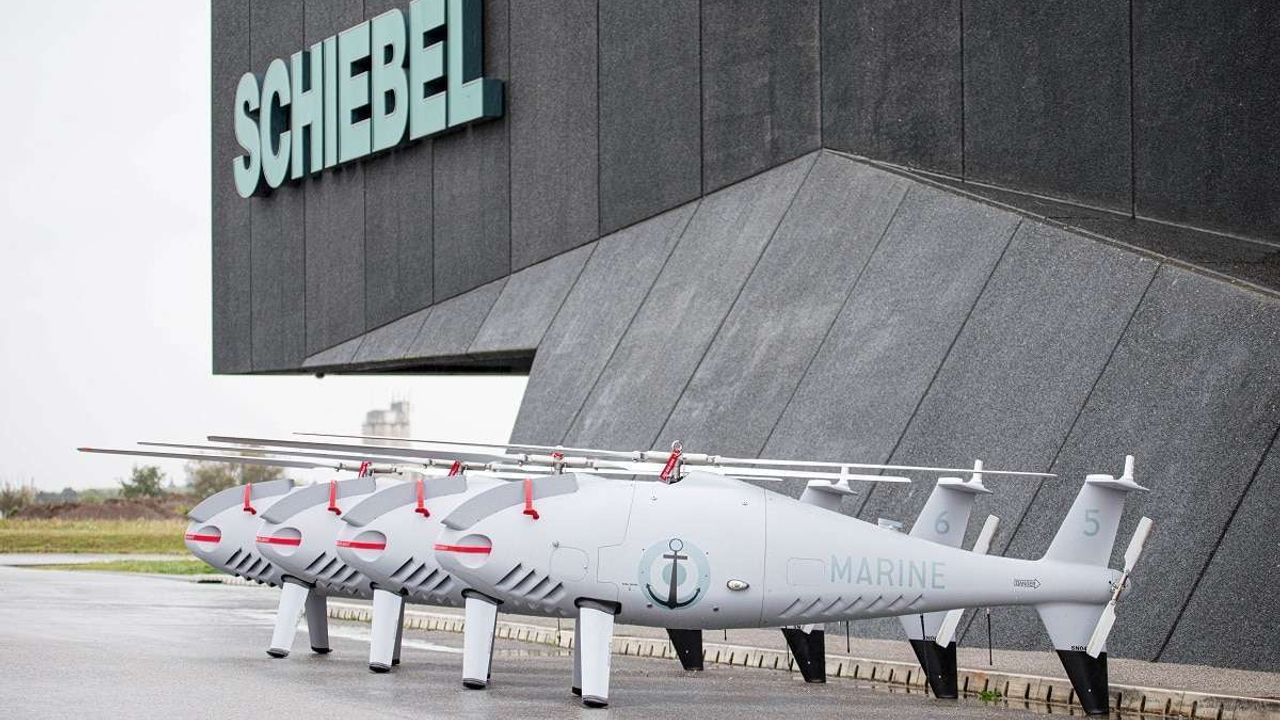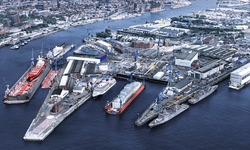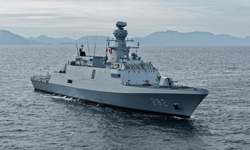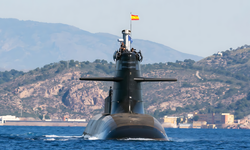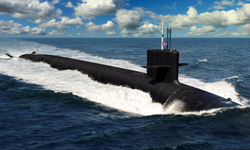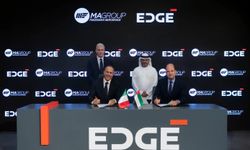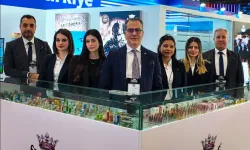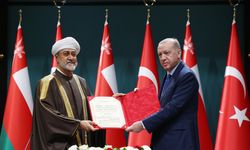Advancing Maritime Defense with SEACURE
SEACURE, an acronym for “Seabed and Anti-submarine Warfare Capability through Unmanned Feature for Europe,” unites 35 companies across 13 European countries. The project integrates air, surface, and underwater systems to detect, classify, identify, and track underwater threats in complex maritime environments. This initiative aims to bolster Europe’s joint maritime defense capabilities.
Schiebel’s CAMCOPTER S-300: A Game-Changer
Central to Schiebel’s contribution is the CAMCOPTER S-300, a state-of-the-art unmanned aerial system capable of vertical take-off and landing (VTOL). Weighing up to 700 kg, the S-300 provides over 24 hours of endurance with standard payloads and up to six hours with a 250 kg payload, positioning it as a unique solution in its class.“The S-300 opens up a multitude of new possibilities for anti-submarine and seabed warfare,” said Hans Georg Schiebel, Chairman of the Schiebel Group. “We are proud to contribute to this significant project.”
 Schiebel s-300 & s-100
Schiebel s-300 & s-100
Strengthening Europe’s Maritime Security
The SEACURE project is set to culminate in a large-scale sea trial by 2028, marking a critical milestone in Europe’s maritime defense strategy. Schiebel’s expertise, combined with the leadership of Thales, underscores a commitment to innovation, collaboration, and the protection of maritime assets.
About Schiebel
Founded in 1951 in Vienna, the Schiebel Group is a globally operating company specializing in the development and production of the CAMCOPTER® S-100 and S-300 unmanned aerial systems (UAS). Certified to AS/EN 9100 standards, Schiebel is known for delivering high-tech military, commercial, and humanitarian products, backed by exceptional after-sales service. Schiebel operates facilities in Vienna and Wiener Neustadt (Austria), Toulon (France), Manassas, VA (USA), Abu Dhabi (UAE), and Shoalhaven (Australia).About SEACURE
SEACURE (Seabed and Anti-Submarine Warfare Capability through Unmanned Feature for Europe) is a groundbreaking initiative under the European Defence Fund (EDF) aimed at establishing a sovereign European capability in anti-submarine and seabed warfare. Building on the successful EDIDP SEANICE project, which concluded in 2023, SEACURE seeks to address emerging maritime threats and enhance the protection of critical maritime infrastructure. Launched in November 2024 for a duration of 45 months, SEACURE involves a consortium of 35 partners from 13 EU member states, including leading defense companies like Thales, Schiebel, Leonardo, and Naval Group. The project focuses on developing an integrated "system-of-systems" approach, utilizing autonomous air, surface, and underwater drones to detect, classify, identify, and track underwater threats in complex maritime environments. By 2028, SEACURE aims to demonstrate its innovative capabilities through large-scale sea trials, showcasing its ability to conduct autonomous anti-submarine and seabed warfare operations. The system will be designed with open, modular, and scalable architecture, ensuring interoperability and readiness for collaborative combat scenarios. SEACURE is not only a critical step in strengthening Europe’s maritime security but also sets the stage for a more resilient and cooperative global maritime future. It provides a new standard for safeguarding maritime assets, including infrastructure like offshore wind farms, and guarantees operational freedom in European waters against both state and non-state threats.<Schiebel (@SchiebelGroup) joins the EU’s SEACURE project to enhance anti-submarine and seabed warfare capabilities, protecting critical maritime infrastructure.https://t.co/VKfm4WpnKq
— Defensehere (@defensehere_en) January 13, 2025
